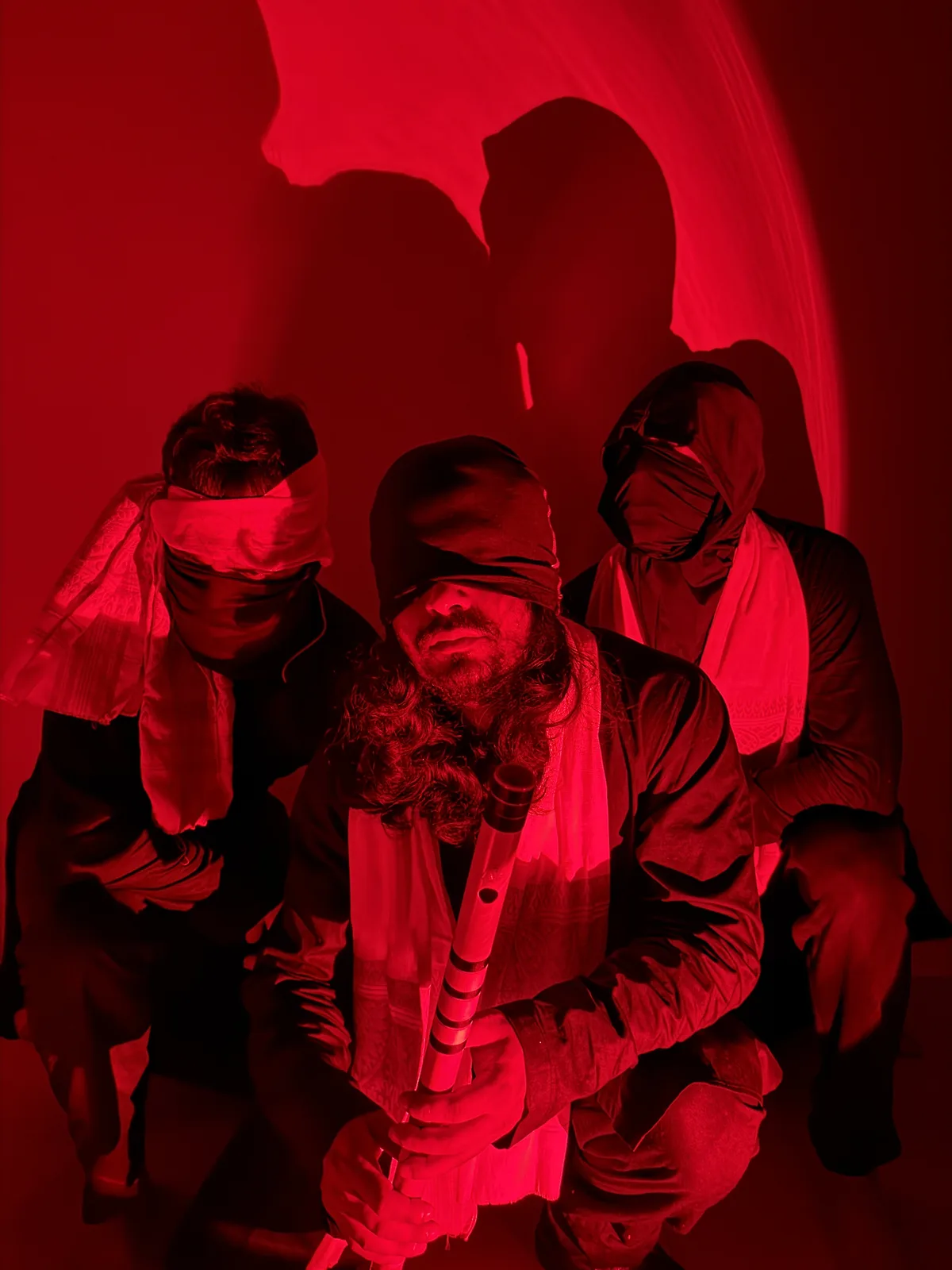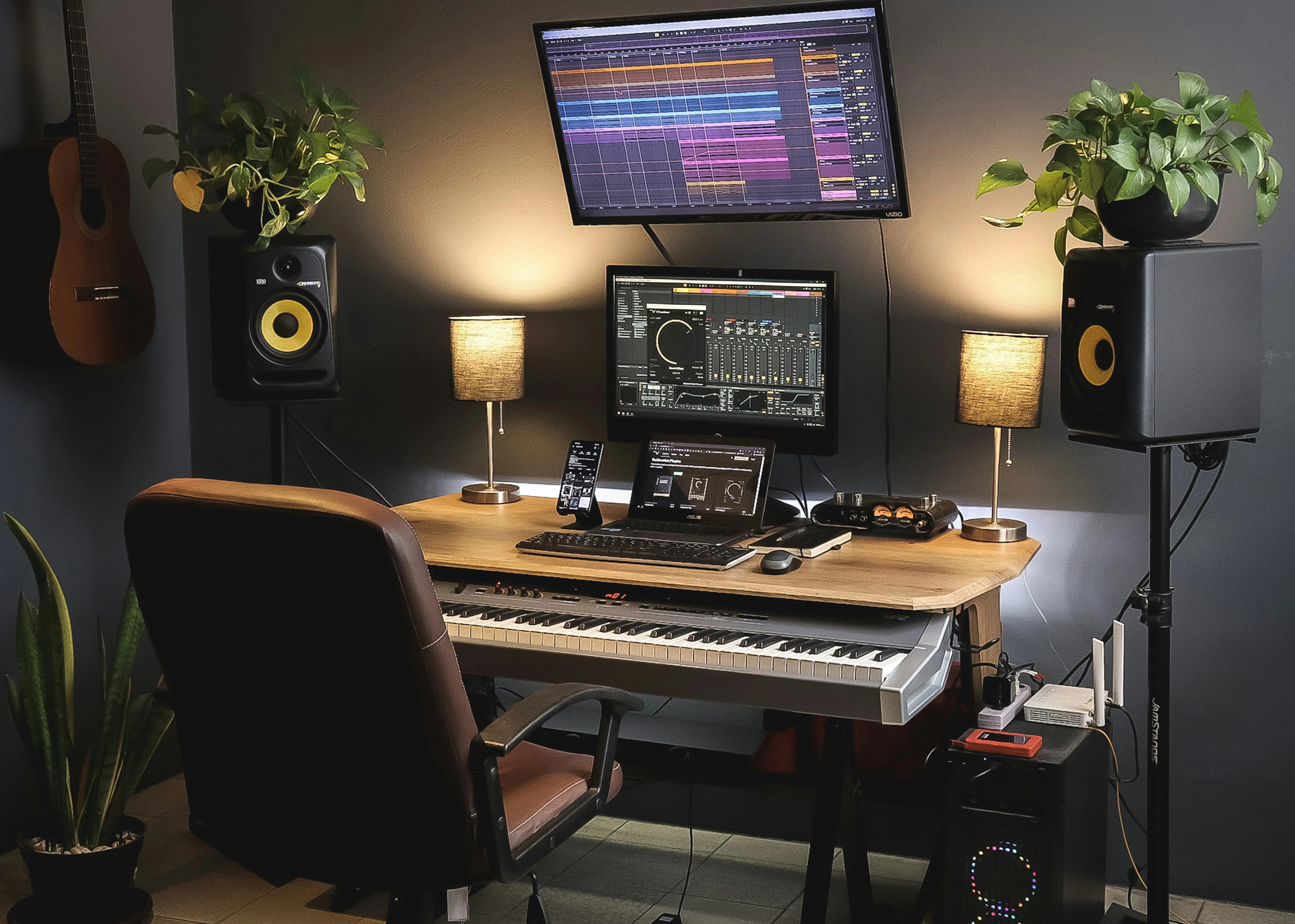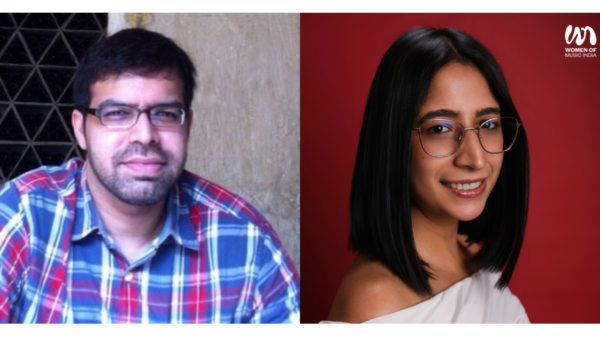Known to be genre-fluid with his music, Raman is an 18-year-old seasoned singer/songwriter. Speaking closely to the gen-z generation, his songs range from dance-pop to soft-indie compositions. He started putting out his music during the lockdown and now has a loyal fanbase. In a conversation with us about his latest song ‘December,’ here’s what he had to say:
1. Tell us a bit about your project. How did you begin your journey as a singer-songwriter?
Music was always a part of my life. I was first introduced to classical and old school Bollywood by my parents, then pop and RnB as my interests diversified. Growing up, learning how to sing and play a lot of instruments really helped set that musical sense into me and my brother. I was around 13 when I wrote my first song, infatuated with my middle school crush which wasn’t actually all that bad. That realisation that I can actually write songs paved the path for music production. The pandemic really helped with that too. With a lot of time to myself and my computer, I really got into producing my own sound. It has always been upwards since. The main reason why I share my music with people is to make them feel every feeling.
2. Which bands/artists were your first love? Who would you say is your biggest influence?
I have been influenced by a blend of genres and artists. My first love for music undoubtedly came from the 2000s Bollywood era. My music draws inspiration from the rich tapestry of Bollywood music as well as contemporary pop and R&B. The fusion of these diverse sounds has helped shape my unique musical style.
3. You just released a single, “December”. Tell us a bit about it. What’s the song about?
December is a song about everything bittersweet. It’s all about the end, closing chapters. It’s about not letting your life until now decide what’s next for you. It’s about letting go of the past, letting the year go. It hurts, but the song acts as the warm blanket you need right after you get drenched in cold water, or a bandaid after you cut yourself—a comfort song, a song to cry to. It can be whatever you want it to be.
4. What was your music-making and recording process like?
My music making process always starts with a chord progression playing on loop on a synth or guitar. I record voice memos humming melodies to this with random mumbles instead of lyrics. Later, I consolidate those melodies into a song as I go through the voice memos. Somehow, my subconscious speaks when I’m humming these melodies and I sing stuff I actually feel but won’t say out loud. That’s basically how I tap into my subconscious and write music.
5. Tell us a bit more about the music video.
The music video for ‘December’ is a visual extension of the song’s themes. It aims to take viewers on a journey that mirrors the song’s narrative, using black and white colours for compelling imagery to complement and deepen the song’s emotional impact.
6. Why do you make music? What drives you as a musician and what are your songs about?
I make music to connect with others on a deeper level. My songs are about life, love, and the human experience. They are meant to make others feel a particular feeling as they journey through life and the emotions that come with it.
7. Which Indian bands or artists do you admire? And why?
I like Indian bands and artists that are innovative and push musical boundaries. Their ability to have creative control is something I really admire. There’s a new wave of Indian music which has independent artists at the forefront. They blend traditional Indian sounds with modern influences. It inspires me and showcases the versatility of Indian music.
8. What’s your take on the independent music scene in India?
I find it extremely admirable. I personally like how artists are now the face of their own music. We used to never recognise the people who wrote or produced music earlier. It was just the playback singers who got all the credit. Music feels much less pre-medicated for mainstream media and freer. Especially with the fact that now anyone can make music from anywhere easily using DAW’s, the need for a professional studio decreases every year.




























